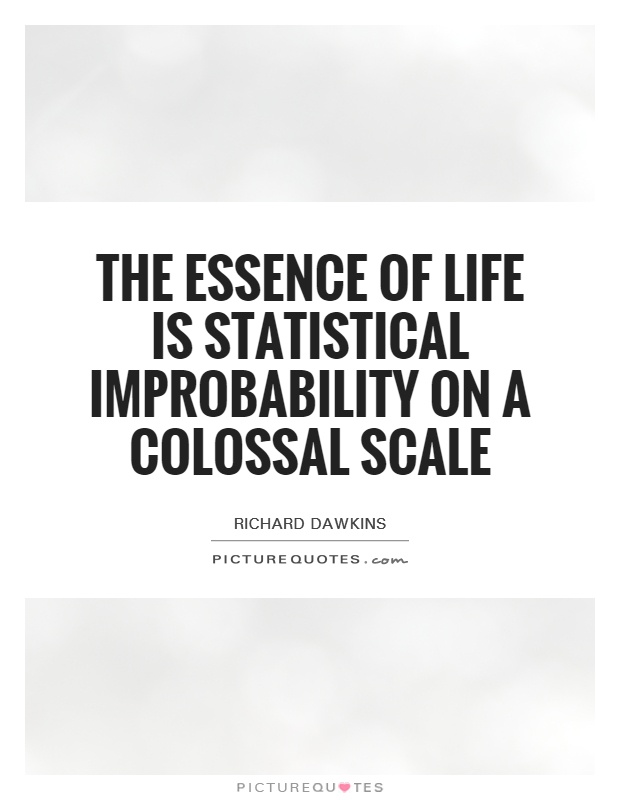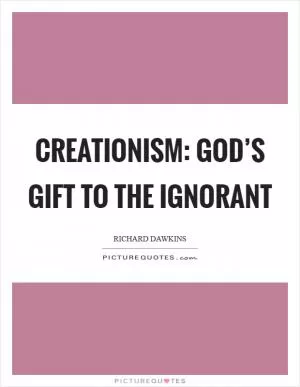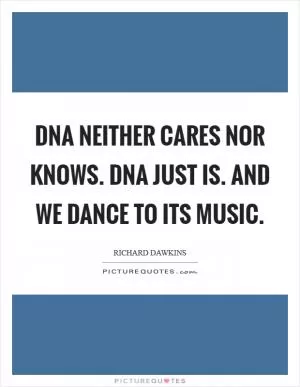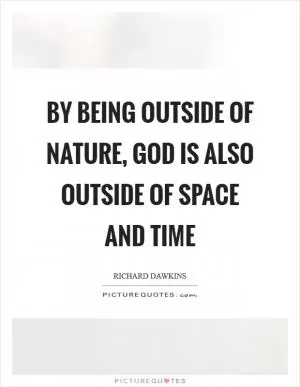The essence of life is statistical improbability on a colossal scale

The essence of life is statistical improbability on a colossal scale
Richard Dawkins, a renowned evolutionary biologist and author, is known for his profound insights into the nature of life and the universe. One of his most famous quotes, “The essence of life is statistical improbability on a colossal scale,” encapsulates his perspective on the complexity and wonder of existence.Dawkins’ statement highlights the incredible unlikelihood of life as we know it coming into being. The conditions necessary for life to arise on Earth, from the formation of the planet itself to the development of complex organisms, are so astronomically improbable that it is truly a miracle that we are here at all. The fact that the universe is vast and seemingly infinite only adds to the improbability of our existence. In a universe filled with countless stars, planets, and galaxies, the fact that life has emerged on one small speck of dust orbiting an average star is nothing short of miraculous.
Furthermore, Dawkins’ quote speaks to the randomness and unpredictability of evolution. The process of natural selection, which drives the diversity and complexity of life on Earth, is a result of chance mutations and environmental pressures. The fact that life has evolved into such a wide array of forms, from bacteria to blue whales, is a testament to the power of statistical improbability. Each species is the result of countless random events and genetic variations that have accumulated over millions of years.
Dawkins’ perspective on the statistical improbability of life also has implications for our understanding of the universe as a whole. If life on Earth is the result of such unlikely circumstances, what does that say about the possibility of life elsewhere in the cosmos? The vastness of the universe suggests that there may be other planets capable of supporting life, but the odds of intelligent, complex life forms emerging are likely incredibly slim.












 Friendship Quotes
Friendship Quotes Love Quotes
Love Quotes Life Quotes
Life Quotes Funny Quotes
Funny Quotes Motivational Quotes
Motivational Quotes Inspirational Quotes
Inspirational Quotes